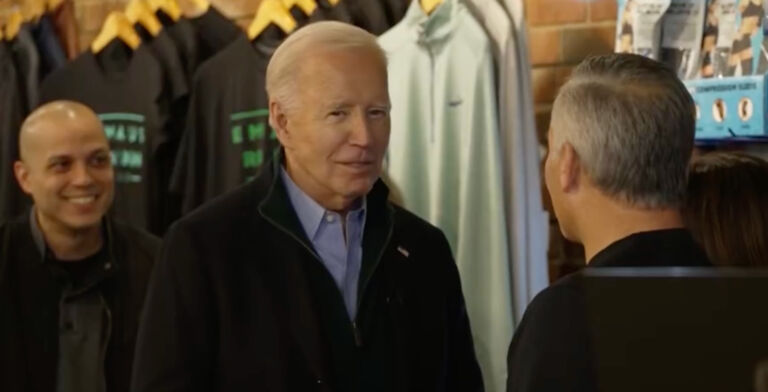What was your first job?
If you are a certain age, it may have been delivering newspapers in the neighborhood. Maybe, like U.S. Speaker of the House Paul Ryan, it was at McDonald’s. Mine was as a dishwasher in a precursor to fast-casual restaurants. A high school friend waited tables there and recommended me to the manager. If you’re reading this, odds are you have come a long way since that first job in pay, responsibility, and possibly location.
What about when you launched your career? Have you had multiple careers? Have you failed in one endeavor and had to redirect your efforts? Starting on a new path is fraught with anxiety, particularly if you have no fallback. Work is fundamental to our sense of purpose; it is what allows us to contribute to society, provide for ourselves and our families, and know we are valued. Being unemployed can undermine one’s sense of worth.
Work has been called the greatest policy challenge of our time, but it is more than that. With unemployment in the state at 3.6 percent, the challenge for employers is finding workers. It’s not for lack of people available. For every prime age male who is unemployed, there are three who aren’t even looking. This includes veterans, people with intellectual or physical disabilities, those struggling with substance abuse, and those who have been in the criminal justice system. Male employment is an important factor in marriage and family formation, as well as crime, recidivism, and other societal problems. It is a spiritual challenge as well as a social, economic, or political challenge.
Imagine the challenge to your spirit if you could not find work because of something in your past or your current condition. Men and women coming out of prison, women escaping domestic abuse, people of all backgrounds with physical or mental disabilities, and even some veterans face longer odds finding gainful employment. There are policy barriers, such as absurd occupational license requirements and the potential loss of government benefits, that exacerbate the challenge. There are also government programs that can reduce barriers, such as bonding and tax credits for employers and certificates of relief for individuals, but few know about them and can take advantage of them.
The biggest challenges people face, however, can be the beliefs of the person hiring or the one being hired. Consider the box on many job applications asking if the applicant has been convicted of a crime. Simply banning the box can lead hiring managers to make wrong assumptions based on factors such as ethnicity, race, or ZIP Code. With the box, though, companies stop the hiring process or potential employees never begin. It takes a person who can talk about how his present is different from his past and a company willing to listen to hire somebody who has spent time in prison.
To help expand the number of people who can do this, a group of Raleigh-area business, nonprofit, and government leaders came together last week at to learn how to give more people that first job experience or to launch their careers. Organizers came from diverse backgrounds at the Greater Raleigh Area Chamber of Commerce: Gov. Roy Cooper’s office, Jobs for Life, Transformation Exchange, N.C. Department of Commerce’s Division of Workforce Development, and the John Locke Foundation. Other sponsors include the John William Pope Foundation, Royals Contracting, and Monteith Construction. Participants and those who could not attend this time expressed interest in helping to continue the effort. To learn more and get involved, visit www.hiringwellraleigh.com.


